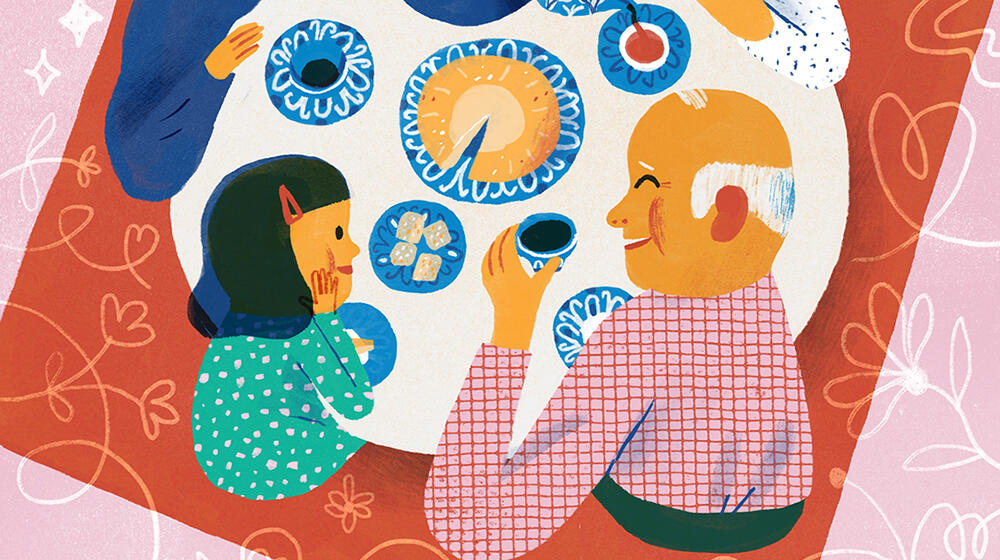Families are widely recognized as key building blocks of societies. It is through families, as a recent UN Women report pointed out, that people share resources such as housing and income, look after those who are sick and frail, and reproduce, nurture, and care for the next generation. Families can be places of love and solidarity and are important for each member’s sense of identity and belonging. At the same time, families can also be places of conflict and even violence, fed by discrimination and inequalities.
In a rapidly changing world, families are changing, too. Demographic and socio-economic changes have influenced patterns of family formation and family life, governments recognized already at the landmark 1994 International Conference on Population and Development (ICPD), stressing that this had led to considerable change in family composition and structure.
Globally, only a little over one-third of households consist of what is often referred to as the “traditional nuclear family,” a male-female couple with children. The vast majority of households are made up of multi-generational or extended families, single-parent families, couples without children, or single individuals.
As the countries of Eastern Europe and Central Asia are struggling with the effects of the demographic changes they are experiencing, invoking the notion of “strong families” has become commonplace when solutions to population challenges are being discussed.
But in today’s world, what exactly is it that makes families strong? Here are six essential ingredients:
Diversity
Families come in all forms and shapes. Across the region, we see families with two parents taking care of children, grandparents or other relatives stepping in when parents emigrate, women or men raising children on their own, couples and individuals without children, and many other forms. Be it by choice or out of necessity, people in the region build families in ever greater diversity. And as social norms around families, marriage, and child-bearing are evolving, more and more people recognize that what matters is not so much the form of a family but the choices people make and what ties them together. It is key for social policies to reflect this reality and expand the support they provide to families in their rich diversity rather than employ a one-size-fits-all approach.
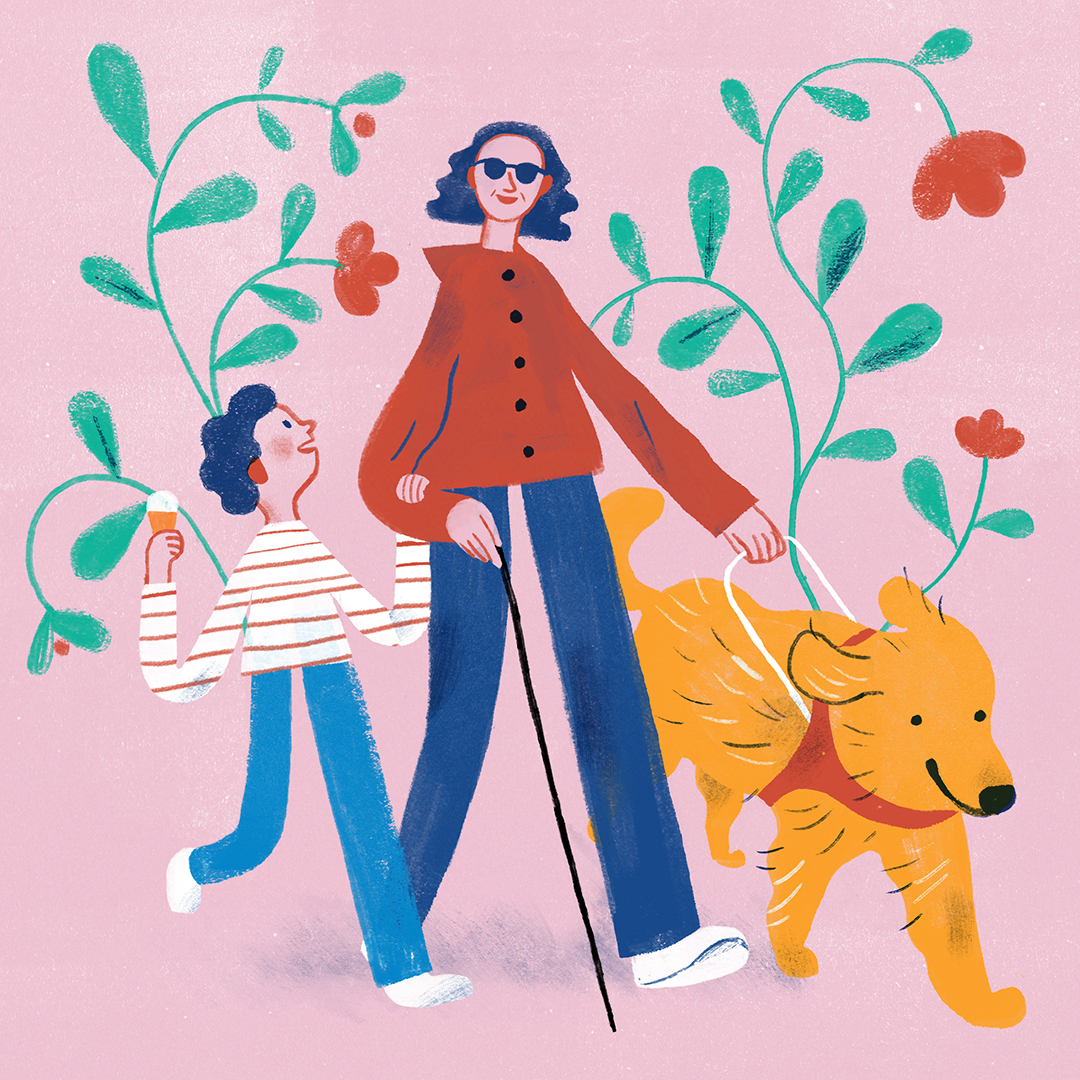
Equality
No matter the make-up of a family, a family is a team, and every member of the family counts. But pervasive gender stereotypes about the roles of men and women, and boys and girls, in the family undermine equality and severely limit the voice and agency of women and girls. This is why UNFPA, with support from the European Union and other partners, is working with governments and civil society in the region to combat gender stereotypes and address discriminatory social norms, including by engaging men and boys.
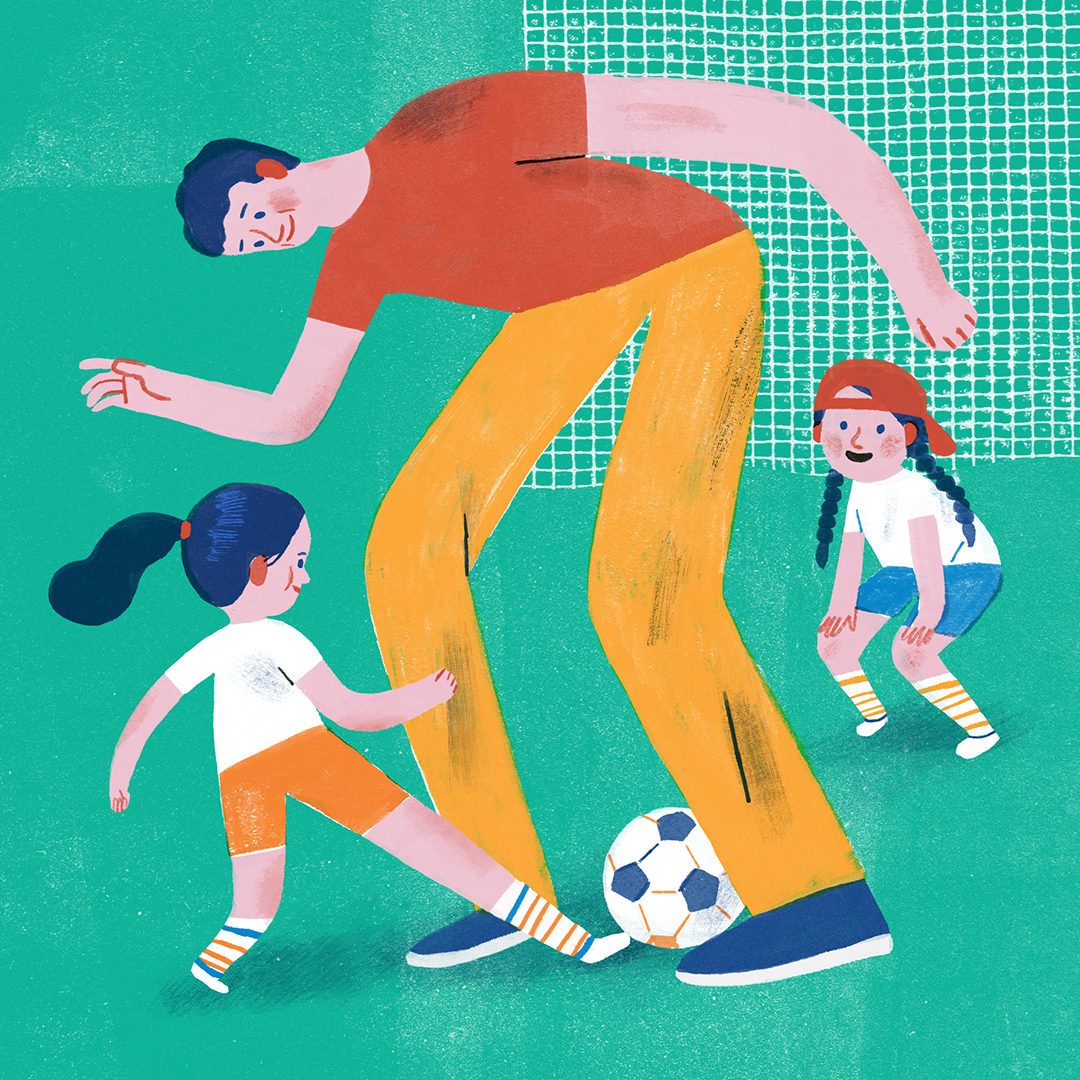
Share the care
Women are still widely expected to take care of the household, children and older family members. But such traditional notions of gender-based division of parental and domestic functions are out of touch with reality, especially where large numbers of women are well-educated and working in paid employment. This leads to many women struggling to reconcile career and family responsibilities. Men taking up their fair share of the unpaid care and household work at home would allow both partners to pursue their work aspirations and family obligations, and free women’s time, increase their access to resources and opportunities, and improve their overall well-being and that of their families. It also makes it easier for couples to have the number of children they want. Research shows that involved fathers feel more emotionally connected to their partners and their children, and that they live happier, longer lives. UNFPA supports governments to expand gender-responsive family policies and promote gender equality and a more equal distribution of unpaid care work in the family.
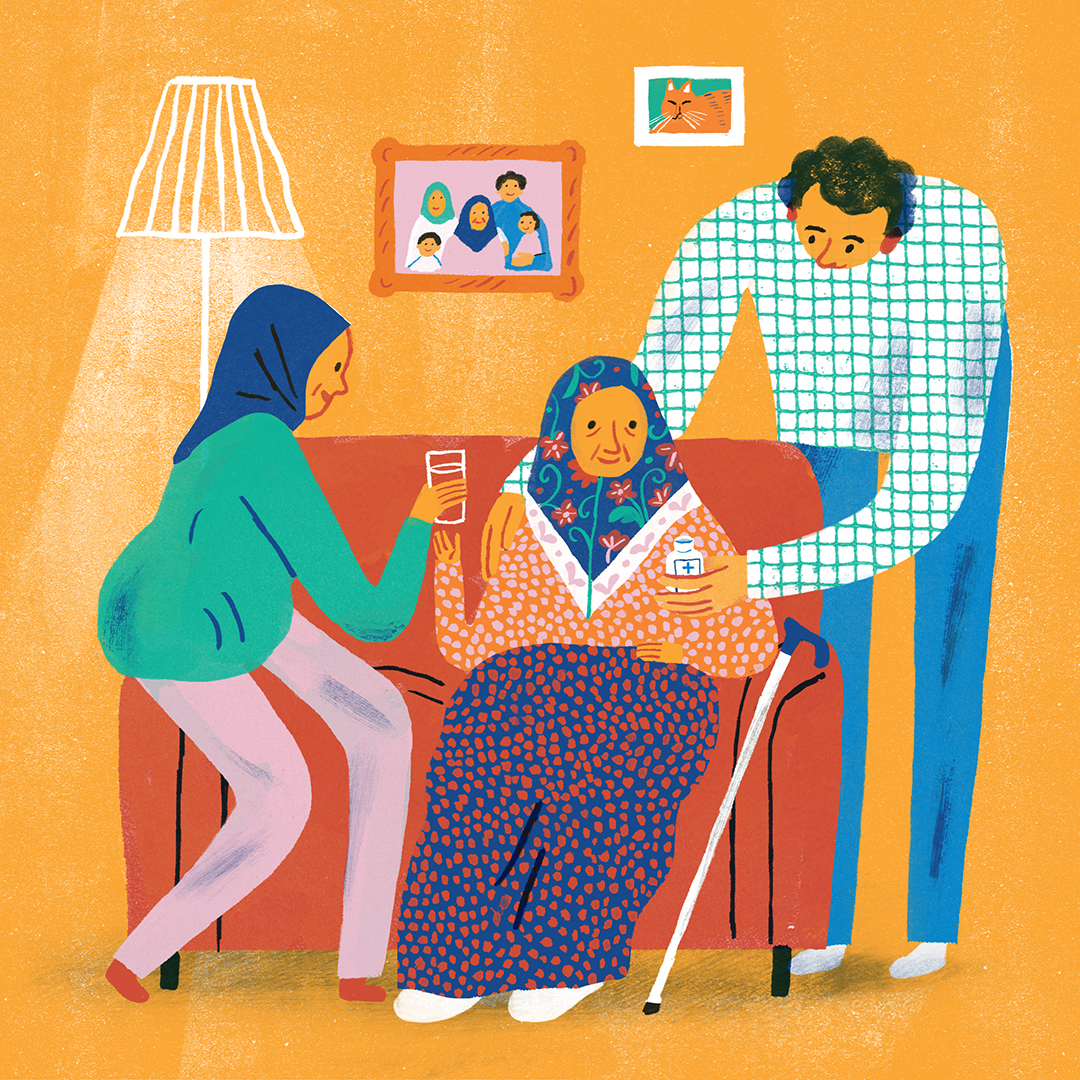
Peace in the home
Families can be a safe space, but they can also be a place where women and children, in particular, can be exposed to violence. Around one in three women can expect to experience physical or sexual abuse at the hands of an intimate partner. Violence in the family is often hidden, but is increasingly recognized as a public concern rather than a private issue. Domestic violence is a serious human rights violation and it weakens families. Only when relationships within families are based on respect, including respect for bodily integrity and autonomy, can families, and all family members, prosper. UNFPA works with authorities across the region to strengthen protection and support services for survivors of gender-based violence, and runs prevention programmes to address underlying norms and stereotypes.
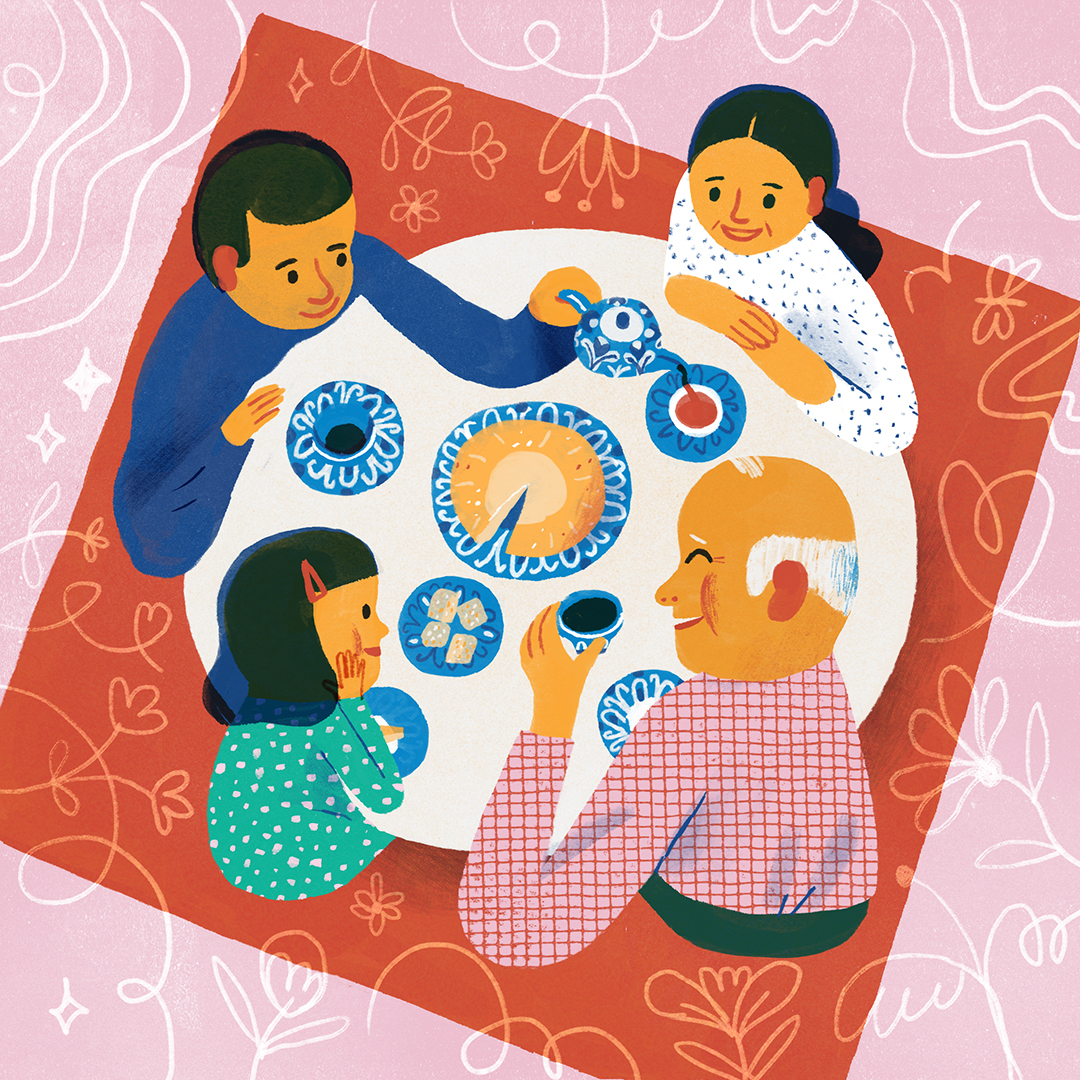
Support
For families to thrive, they need support and access to affordable services. This includes health services, including sexual and reproductive health, parental leave, childcare, and financial support for low-income families. When designing family support policies, it is crucial to avoid policies that inadvertently cement gender inequalities. For example, overly generous maternity leave allowances can make it more difficult for women to return to work. UNFPA, with support from the Austrian Development Agency, partners with the private sector and governments to champion gender-responsive family policies in the region. Evidence shows that such policies – both at the national level and those implemented by the private sector – are powerful tools to support families and enable both men and women to realize their career aspirations and their fertility intentions.
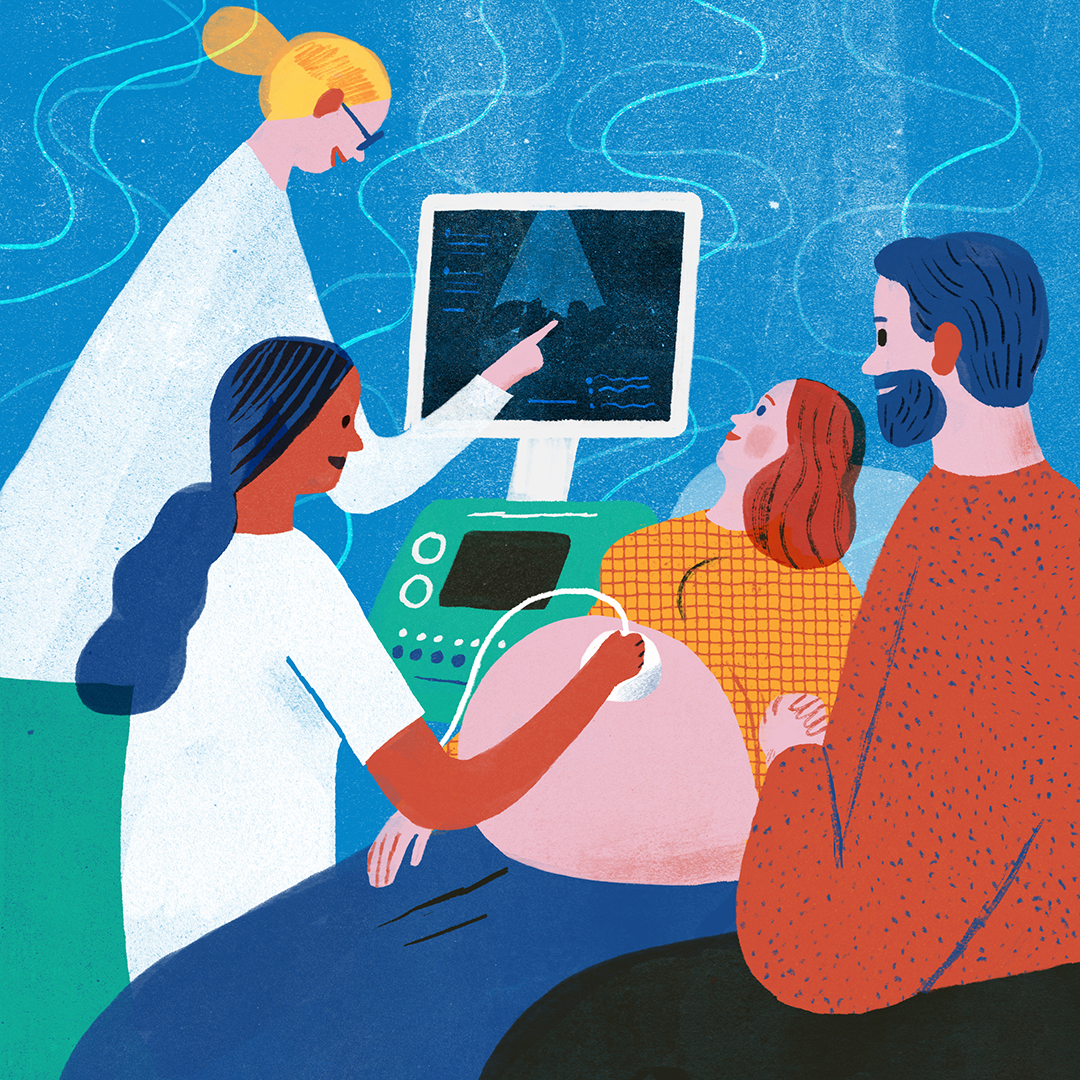
Choice
Family means different things to different people – but at its core, family means love and support. Strong families are built around individuals who freely choose to live their lives together, no matter who they are. Although not that common, forced marriage still exists in parts of the region and often involves underage girls. Child marriage is a human rights violation and is often accompanied by domestic violence and severe restrictions on girls’ opportunities later in life. UNFPA supports governments in ending child marriage by working with communities to eradicate the practice.
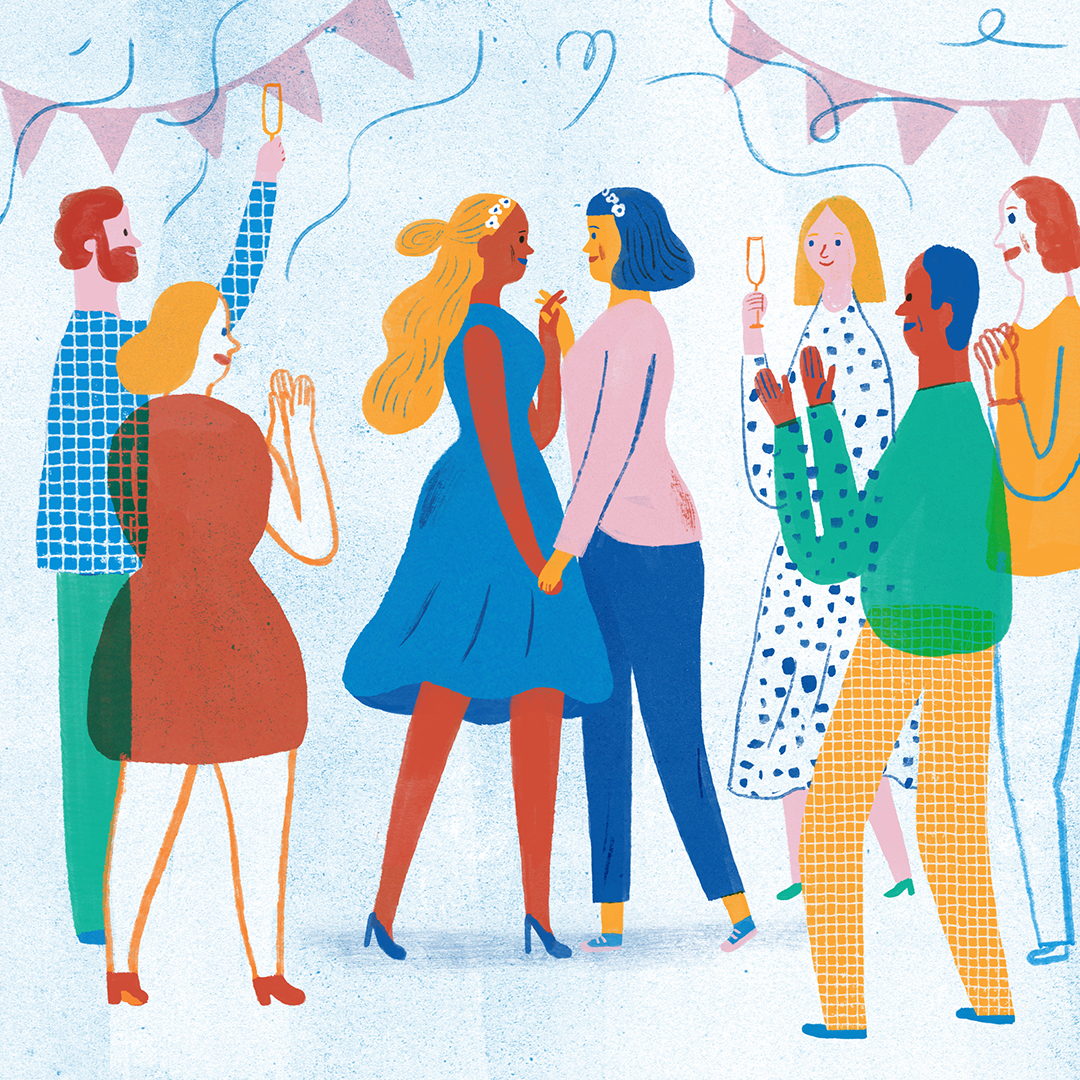
This article was developed within the framework of the Expanding Choices programme funded by the Austrian Development Agency. The programme aims to expand choices for women so that they can fulfil their career, family and fertility aspirations. The project supports governments and private sectors in Albania, Kosovo and Moldova to design and implement gender-responsive family policies in order to help employees balance work and life, equally distribute the unpaid care work between men and women and increase women's participation in the labour force.

